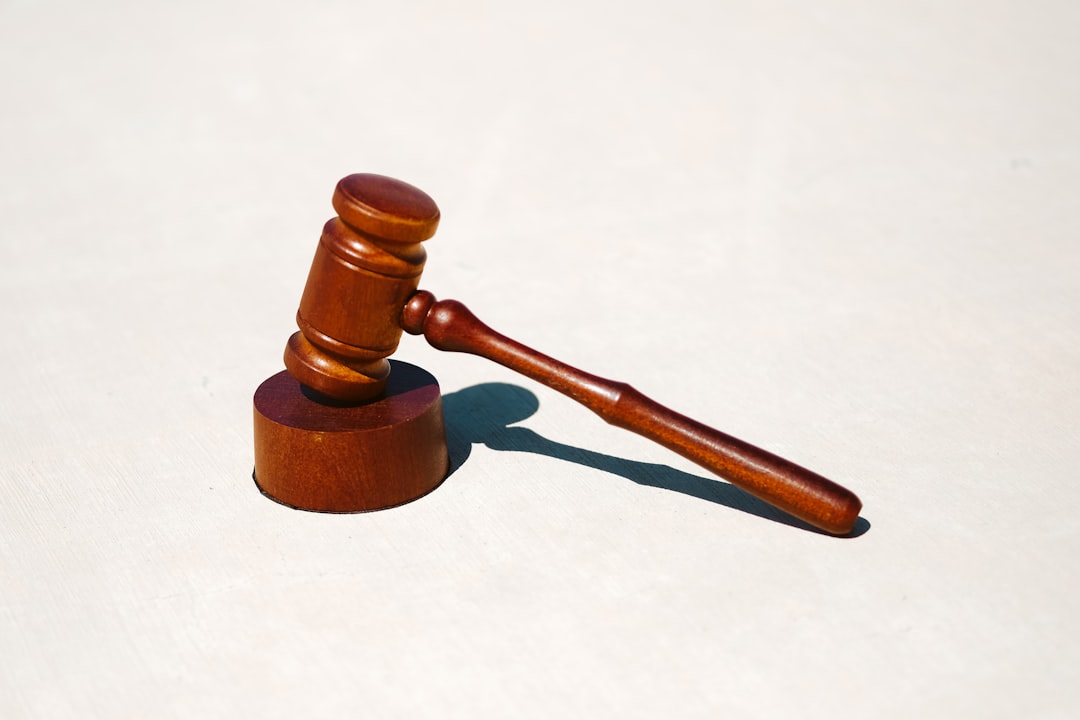In Austin, Texas, where the legal landscape can be complex, victims of child abuse require steadfast advocates. An experienced child abuse lawyer in Austin plays a pivotal role in securing justice for survivors. This article delves into the intricacies of child abuse law in Texas, highlighting the crucial support an expert attorney provides. From navigating legal processes to championing survivors’ rights and resources, this guide offers essential insights for those seeking help.
Understanding Child Abuse Law in Texas

In Texas, child abuse laws are designed to protect children from any form of physical, emotional, or sexual maltreatment. A child abuse lawyer in Austin plays a critical role in navigating these complex legal systems. They advocate for the rights and well-being of victims, ensuring that perpetrators face justice. The laws cover various actions, including neglect, intentional injury, and exploitative behaviors, with strict penalties attached to convictions.
Understanding these laws is crucial for anyone considering hiring a child abuse lawyer in Austin. Each case is unique, requiring specialized knowledge to build a solid defense or prosecution strategy. Legal professionals in this field must stay updated on Texas’ evolving statutes and case precedents to deliver the best representation. This understanding ensures that children receive the justice they deserve while upholding the integrity of the legal process.
The Role of an Experienced Lawyer

Navigating Legal Processes for Justice

Navigating legal processes after experiencing child abuse can be incredibly daunting, but with an experienced child abuse lawyer in Austin, Texas, victims can find a powerful ally. A qualified attorney understands the emotional and psychological toll such traumatic events take on individuals and their families. They provide not only legal guidance but also support throughout the often complex and lengthy justice system.
An expert child abuse lawyer in Austin will be well-versed in state laws and local procedures, ensuring that every step taken is strategic and aligned with the best interests of the client. Their role involves filing necessary documents, gathering evidence, interviewing witnesses, and representing the victim in court. They fight tirelessly to hold perpetrators accountable while advocating for justice, closure, and healing for their clients.
Supporting Survivors: Resources and Rights







